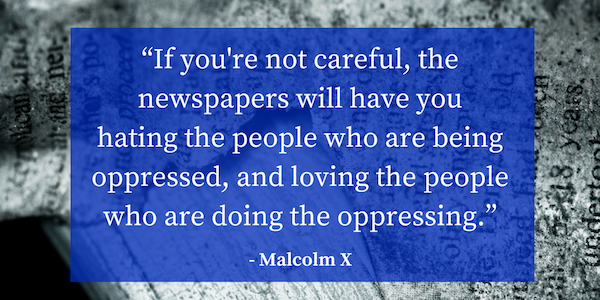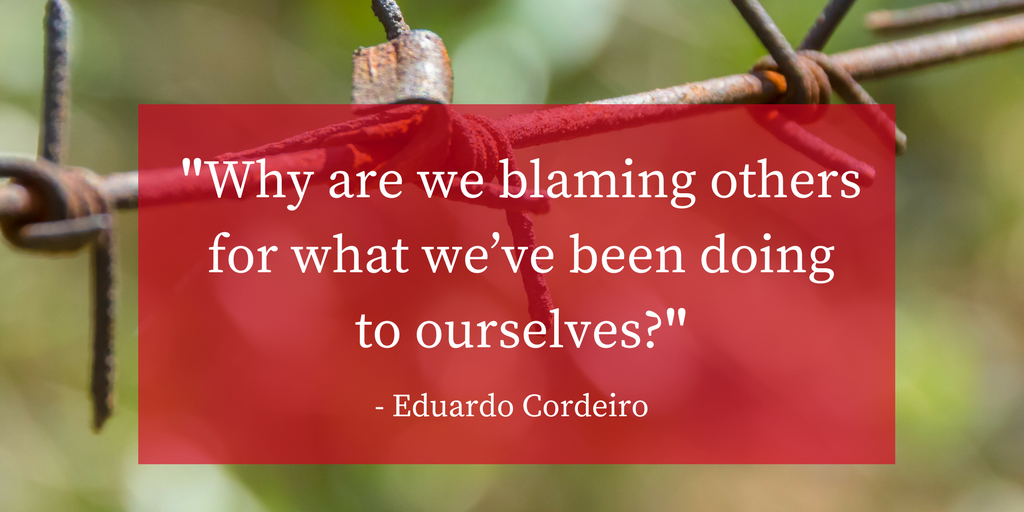In The Rapist, The Terrorist, The Idiot, The Hypocrite a young Mexican couple journey to the United States, enlisting the services of a coyote, or migrant smuggler. They leave behind two small children, give all their savings to the coyote, and risk a dangerous trek through the Arizona desert for the chance at a more prosperous life for their family.
José and Ana’s story may sound fantastic to some, but it’s an all too common tale. An estimated 350,000 undocumented immigrants are smuggled across America's border from Mexico each year. And they pay coyotes anywhere from $4,000 to $15,000 for the trek.
These migrants and refugees come not only from Latin America, but increasingly from Africa and Asia. By the time they reach the US-Mexico border, many have already traversed multiple countries, jungles, and bodies of water.
They have traveled by boat, bus, train, and on foot with little more than the clothes on their backs. And they have known theft, violence, hunger, and death along the way.
Why Risk Everything to Migrate?
Just like José and Ana, many Mexicans are subsistence farmers living in rural areas. They have struggled for generations to grow their crops in dry soil, under extreme temperatures, and they can’t get ahead.
Nearly half of Mexico’s population lives under the poverty line. Poverty rates are just as bad if not worse throughout much of Central and South America, Sub-Saharan Africa, and Asia. Global migrants are driven to America to find employment, access to food and clean water, and healthcare.
While 14.3% of Americans also live in poverty (an estimated 43.1 million people), the nation has more highly developed infrastructure and greater political stability. These conditions make it more possible to overcome poverty or, at the very least, avoid life-threatening violence and oppression.
The Treacherous Journey Into Mexico
Every immigrant’s journey is unique, but there are common routes that many follow and common dangers they face.
Some undocumented travelers coming from Central and South America — including many African and Asian migrants — choose to take a bus or hop a train, though they will most likely be detained by immigration officials. Others choose to walk from Guatemala into Mexico through dense, remote forest. The walkers are preyed upon by robbers who frequently rape and kill their victims.
Increasingly, migrants are attempting to reach Mexico by boat, even though the maritime routes are largely controlled by drug traffickers and overcrowded vessels sometimes capsize.
Crossing the US-Mexico Border
If they make it to Mexico, migrants continue by foot, taxi, bus, and train until they reach the US-Mexico border. Transport to and across the border is almost always arranged by a coyote, making migrants’ safety and futures dependent on an unregulated industry.
















